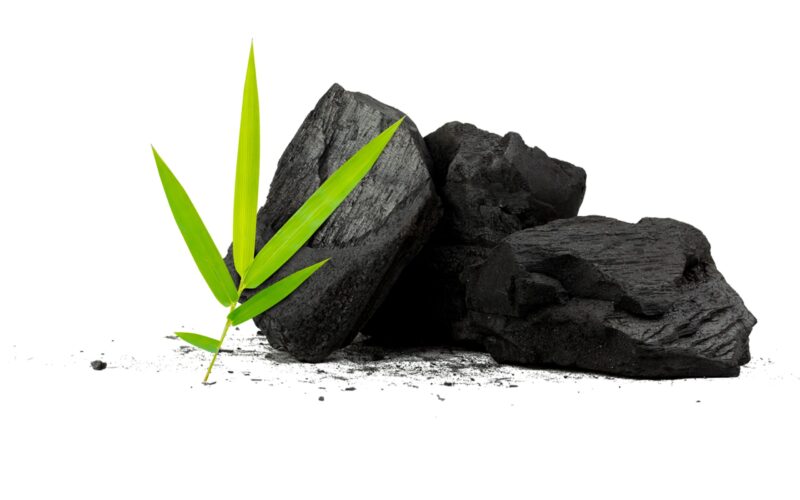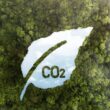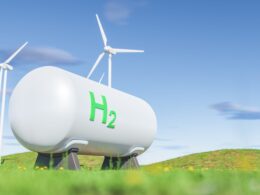Scientists have devised an economical and energy-efficient technique for producing materials capable of directly capturing carbon dioxide from the atmosphere. Utilizing a process akin to charging a battery, researchers from the University of Cambridge have modified activated charcoal, commonly found in household water filters.
By imbuing the charcoal with ions that create reversible bonds with CO2, they demonstrated its ability to effectively capture CO2 from the air. Moreover, this charged charcoal sponge shows potential for greater energy efficiency compared to existing carbon capture methods, as it necessitates significantly lower temperatures for releasing the captured CO2 for storage. These findings are detailed in the journal Nature.
“Capturing carbon emissions from the atmosphere is a last resort, but given the scale of the climate emergency, it’s something we need to investigate,” said Dr. Alexander Forse from the Yusuf Hamied Department of Chemistry, who led the research.
He added, “The first and most urgent thing we’ve got to do is reduce carbon emissions worldwide, but greenhouse gas removal is also thought to be necessary to achieve net zero emissions and limit the worst effects of climate change. Realistically, we’ve got to do everything we can.”
Direct air capture, which uses sponge-like materials to remove carbon dioxide from the atmosphere, is one potential approach for carbon capture. The current approaches are expensive, require high temperatures and the use of natural gas, and lack stability.
“Some promising work has been done on using porous materials for carbon capture from the atmosphere,” said Forse, adding, “We wanted to see if activated charcoal might be an option since it’s cheap, stable and made at scale.”
Activated charcoal is used in many purification applications, such as water filters, but normally it can’t capture and hold CO2 from the air. Forse and his colleagues proposed that if activated charcoal could be charged, like a battery, it could be a suitable material for carbon capture.




















